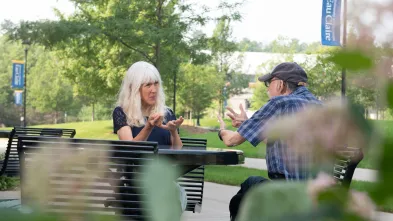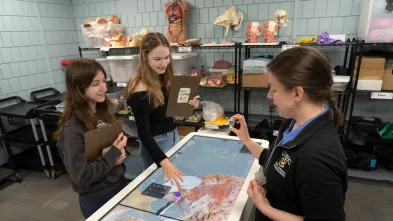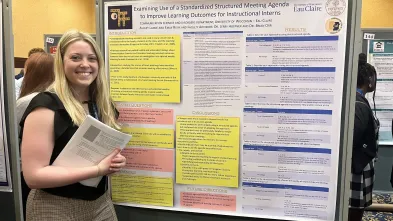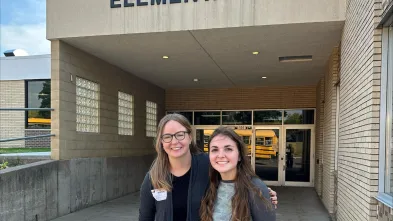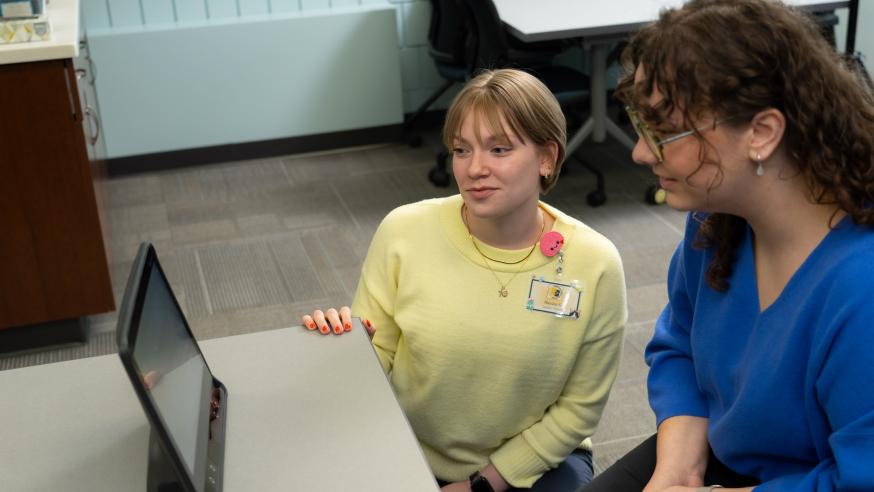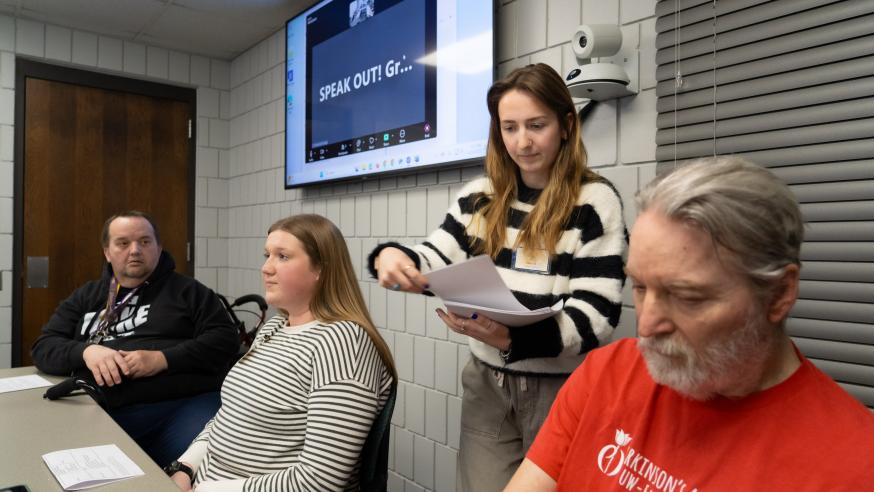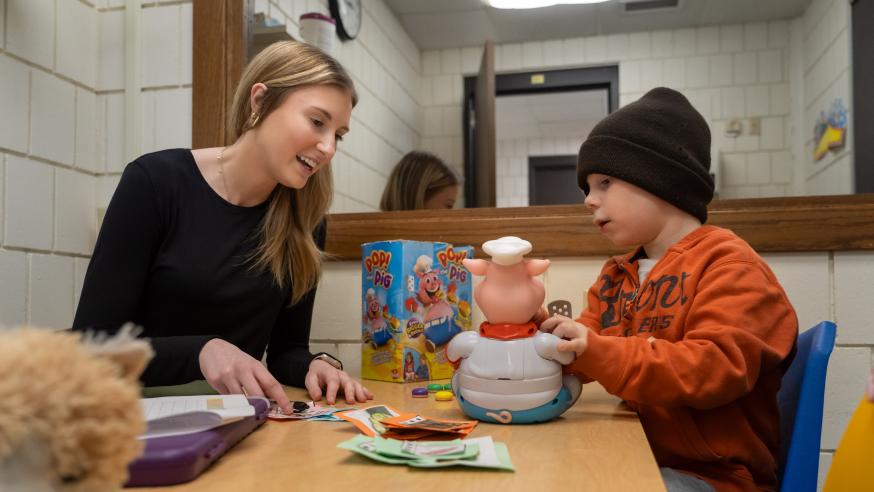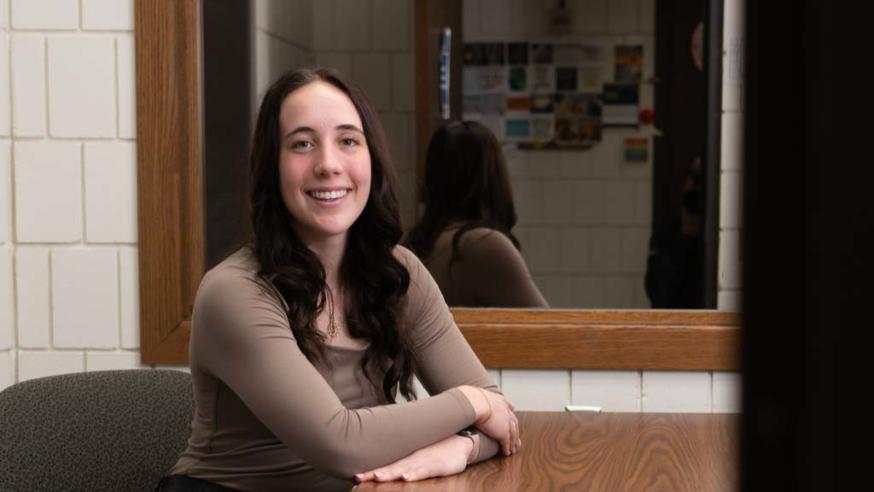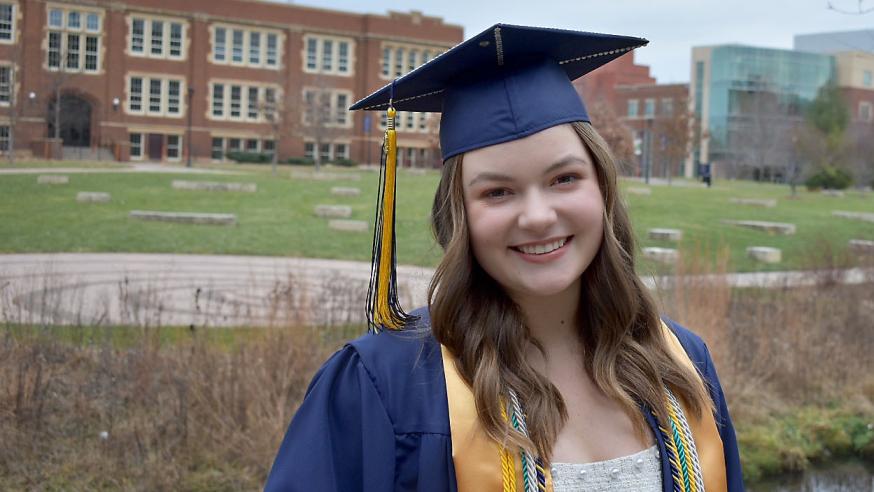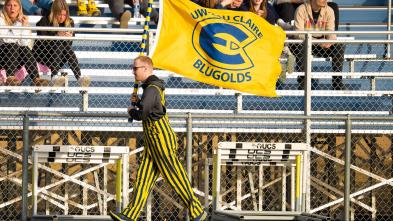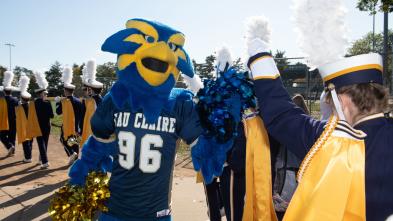Speech, Language, and Hearing Sciences Department
Making an Impact through Communication
The field of speech, language, and hearing sciences prepares students to work with individuals across the age span who face challenges with communication, social interaction, cognitive function, and swallowing. We have high expectations for all of our undergraduate and graduate students and a proven track record of impactful teaching and learning experiences. As a helping profession, we take our responsibility seriously to prepare our students to become innovative, critical-thinking professionals.
Majors and Minors in Speech, Language, and Hearing Sciences
Most individuals seeking a degree in Speech, Language, and Hearing Sciences are looking to become a speech-language pathologist or audiologist. Our aim is to provide you with quality, interactive classroom learning as well as practical, real-life clinical experiences — even as an undergraduate! These are experiences you won't find anywhere else, and we are proud to say our students are well-prepared for the next step in their chosen career paths.
Meet the Faculty
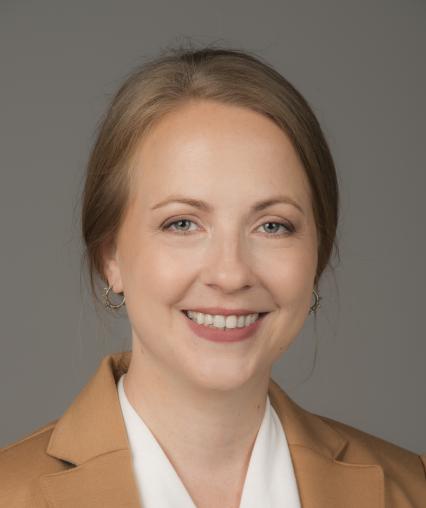
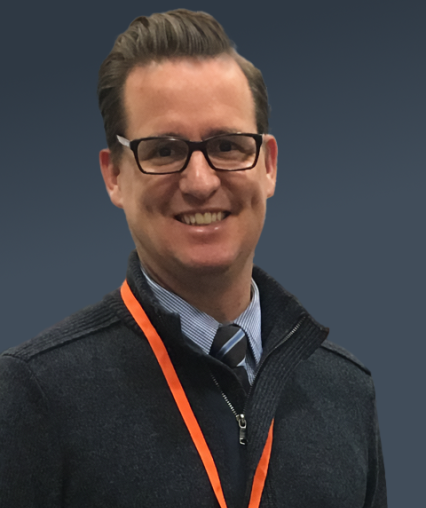
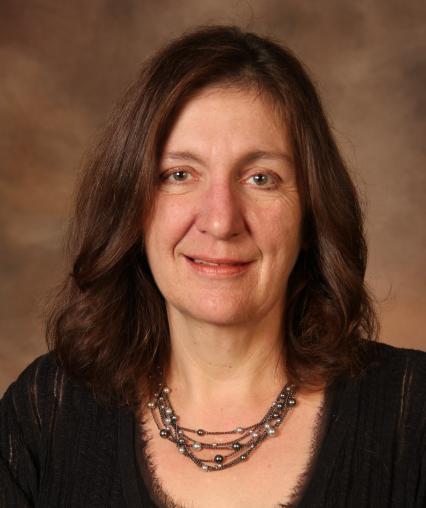
Justthe
facts
Blugold Stories
Speech, Language, and Hearing Sciences Department
Human Sciences and Services 112
239 Water Street
Eau Claire, WI 54703
United States
